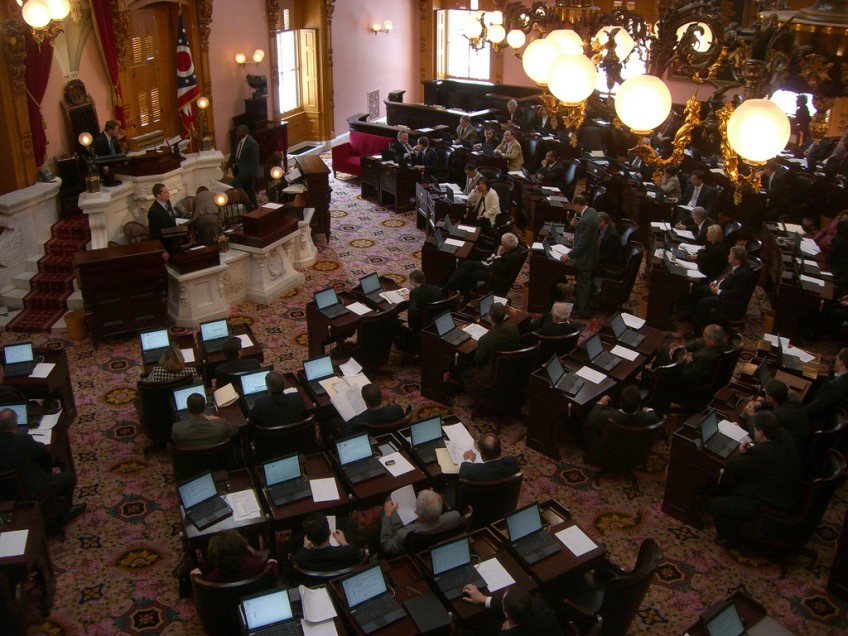Kasich Signs Ohio Bill Designed to Strengthen Public Charter School Accountability
On November 1, Ohio Governor John Kasich signed House Bill 2, a measure intended to significantly strengthen the state’s charter school laws. This bill overwhelmingly passed the Ohio legislature a month ago after extensive advocacy from the National Association of Public Charter Schools (NAPCS). Prior to the bill’s passage, NAPCS ranked Ohio’s public charter school laws 28th in the nation, largely due to a lack of accountability measures.
Ohio allows both school districts and non-profit agencies to authorize charter schools, but the state has been criticized for the lack of oversight and quality control of these authorizing entities. Not only can school districts and non-profit agencies authorize charter schools, they also have the responsibility to enter charter contracts with applicants, oversee public charter schools and decide whether to renew charter contracts.
While the policy of allowing numerous entities to authorize charter schools has led to the rapid growth of the schools in Ohio, problems have developed. For example, a potential school could submit an application to an authorizing entity but get rejected due to a substandard curriculum. Under the current system, the proposed school could shop around until it finds an authorizing entity willing to grant its proposed charter instead of revising the curriculum proposals. Consequently, low-quality schools open and remain open, despite poor performance.
House Bill 2 responds by prohibiting failing charter schools from switching authorizing entities within five years, unless they receive approval from the Ohio Department of Education. The legislation also requires most authorizing entities to enter a contract with the Ohio Department of Education, thus placing them under its oversight. The department would then rate charter authorizing entities on academic performance and other compliance issues. Poor academic performance or compliance issues could result in the revocation of an authorizing entity’s contract, and the Department of Education would publish lists of charters that have closed.
While the bill brings much-needed accountability to the Ohio charter school sector, some have raised questions about whether bringing authorizers under the direct regulatory purview of the Department of Education is the best solution. ALEC model policy, for example, instead requires authorizers to make available to the public many aspects of their operations, such as the academic performance of their portfolio of schools and budget information. In addition, authorizers must create a detailed report for the legislature each year. If an authorizer fails to meet a minimum standard of performance, its ability to authorize charter schools is suspended until it improves.
House Bill 2 increases accountability for authorizing entities, but it also includes enhanced direct charter school accountability measures. With Governor Kasich’s signature of the bill, Ohio takes a significant step toward enhancing the quality of education in the state by increasing accountability measures for public charter schools through required disclosure of contracts, operating expenses, attendance policies and other details of their operations. Such an approach should restore peace of mind to the hardworking taxpayers of the Buckeye State who want to ensure their children receive the best education possible.

